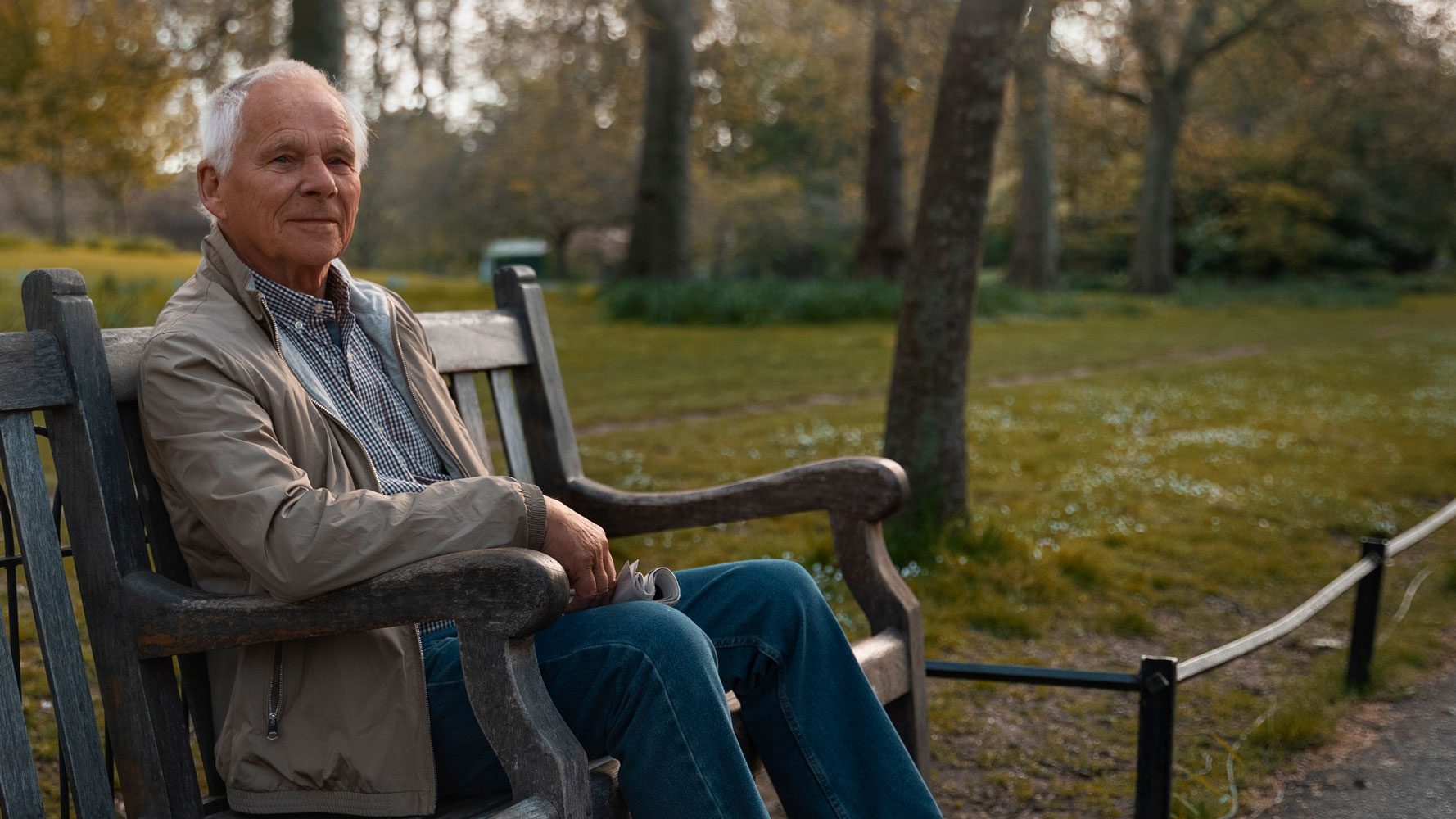Ageing is a journey marked by experiences, growth, and shifting priorities. Just as our lives evolve, so do our care needs. “Changing Care with Your Changing Needs” is not just a phrase, it’s a philosophy that ensures every older adult receives support that adapts to their stage of life, health, and personal aspirations. This flexibility in aged care helps maintain dignity, independence, and quality of life, while giving families peace of mind.

In this article, we’ll explore what changing care looks like in practice, why it matters, and how individuals and families can prepare for and embrace the transitions that come with ageing.
Understanding the Spectrum of Care
Aged care is not one-size-fits-all. Instead, it exists on a spectrum, ranging from small supportive measures to comprehensive medical attention. Recognising this spectrum allows older adults and their families to plan proactively and avoid sudden, stressful decisions.
- Independent Living with Minimal Support
In the early stages of ageing, most people live independently. They may only require occasional assistance; such as help with housekeeping, transportation, or meal preparation. This stage focuses on promoting autonomy while reducing risks like falls or isolation. - Community-Based or Home Care
As needs increase, in-home support becomes invaluable. Home care services can include personal care, medication management, and companionship. This option allows individuals to remain in familiar surroundings while accessing professional assistance tailored to their daily routines. - Assisted Living
For those who require more structured support, assisted living communities provide a safe environment with daily assistance. Residents benefit from meals, housekeeping, and social activities, while still maintaining a degree of independence. - Residential Aged Care (Nursing Homes)
When medical needs become more complex, such as managing chronic illnesses, dementia, or mobility issues, residential care facilities offer around-the-clock nursing support. These environments prioritise safety and access to specialised healthcare. - Palliative and End-of-Life Care
At the later stages of life, care often shifts to focus on comfort, dignity, and emotional support. Palliative care helps manage pain and symptoms, while supporting families during a deeply emotional time.
Why Changing Care Matters
The concept of changing care acknowledges that a person’s needs today may not be the same tomorrow. Without flexibility, older adults risk receiving either too little or too much assistance, both of which can affect wellbeing.
- Promotes Independence: Allowing individuals to access only the care they need helps them stay active and engaged in their communities.
- Enhances Safety: Adjusting care as health conditions progress ensures risks such as falls or medication errors are minimised.
- Supports Mental Health: Tailored care provides reassurance, reduces stress, and fosters emotional resilience.
- Eases Family Burden: Families benefit from professional guidance in transitioning their loved one to higher levels of care, reducing guilt and uncertainty.
Let us know what you’re looking for. Our friendly, experienced team will send a tailored report within 20 minutes. Get started here.
Signs It’s Time to Reassess Care
Recognising when it’s time to adjust care can be subjective. However, knowing the signs helps avoid crises. Some indicators include:
- Difficulty managing daily activities (cooking, bathing, cleaning).
- Increased falls, injuries, or medical emergencies.
- Social withdrawal or loneliness.
- Memory lapses affecting safety, such as forgetting to turn off appliances.
- Caregiver burnout among family members providing support.
A proactive assessment by healthcare professionals can guide families in making timely decisions.
Embracing Holistic Care
The heart of changing care lies in a holistic approach. Instead of focusing solely on medical needs, this philosophy prioritises the whole person, including their values, preferences, cultural background, and lifestyle.
For example, someone who has always enjoyed gardening may benefit from care arrangements that allow them to continue this activity. Similarly, dietary preferences, religious practices, and social relationships must remain central to care planning. Holistic care fosters dignity and ensures individuals feel heard and respected, even as their circumstances evolve.
Planning Ahead
One of the greatest gifts families can give each other is honest, early conversations about care preferences. Too often, decisions are made in moments of crisis, leaving loved ones uncertain about what’s best.
Key steps in planning ahead include:
- Advance Care Planning: Documenting wishes regarding medical treatment and end-of-life care.
- Financial Preparation: Exploring insurance, pensions, and government subsidies that support aged care services.
- Researching Options: Visiting local care providers, learning about community programs, and comparing residential facilities.
- Involving the Older Adult: Ensuring that the individual has a voice in their own care decisions promotes dignity and trust.
The Role of Technology in Changing Care
Technology is revolutionising aged care, making it easier to adapt services to evolving needs. Some innovations include:
- Telehealth Services: Remote medical consultations reduce the need for travel.
- Wearable Devices: Health monitors track heart rate, mobility, and medication adherence.
- Smart Home Technology: Automated lighting, fall detectors, and voice-activated systems enhance safety and convenience.
- Social Connectivity Tools: Video calls and digital platforms help combat isolation, keeping loved ones connected.
These tools complement traditional care, empowering older adults to remain engaged and safe.
Our own custom-built software allows us to match families with aged care needs with enhanced precision.
Supporting Families Through Change
Families are often deeply involved in care transitions, which can be both rewarding and overwhelming. Support for caregivers is just as important as support for older adults.
- Respite Services: Temporary relief for family caregivers prevents burnout.
- Education and Training: Learning about dementia care, medication management, or mobility support equips families with confidence.
- Counselling and Support Groups: Emotional outlets allow caregivers to share experiences and reduce stress.
By caring for caregivers, the entire support system becomes stronger.
Embracing Change with Compassion
Change is rarely easy, especially when it involves health, independence, and identity. However, approaching care transitions with compassion helps smooth the process. For older adults, acknowledging that needing help is not a sign of weakness, but a step towards maintaining quality of life can be empowering. For families, understanding that care changes are acts of love, not loss, eases emotional challenges.
The journey of ageing is dynamic, and so must be the care that supports it. It’s about recognising the evolving nature of life and ensuring that support systems grow alongside it. By embracing flexibility, holistic approaches, and proactive planning, we can create an aged care experience that values independence, dignity, and compassion at every stage.
Ultimately, care should not be a rigid structure, but a living, evolving partnership; one that adapts with us, honours our stories, and ensures that every chapter of life is lived with meaning and comfort.
At Aged Care Decisions, we have our fingers on the pulse, able to adapt with your ever-changing needs. Our goal is to grow with you, so that we’re not just another entity in your aged care journey, but an involved and active participant. Our friendly, helpful team is here to help you, 100% FREE of charge.
Here’s how our FREE service works:







